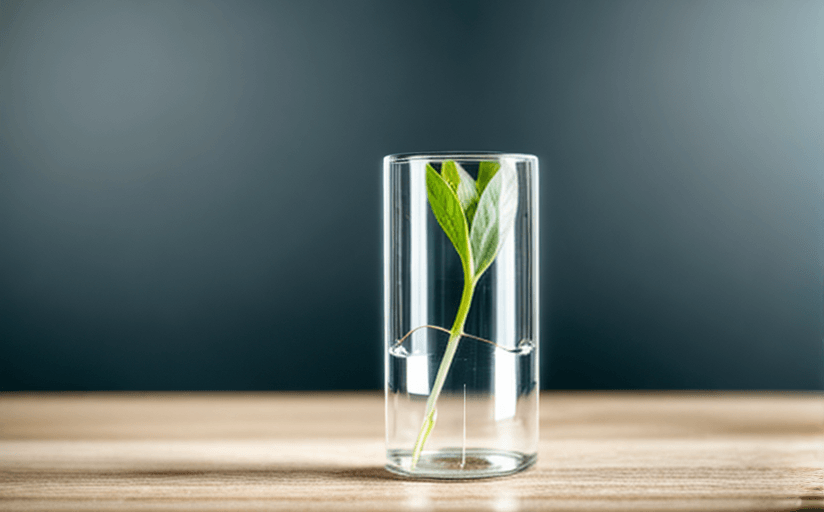Exploring the Ethical Implications of Animal Testing in the Beauty Industry
The use of animals for testing in the beauty industry has been a controversial topic for many years. On one hand, animal testing can provide useful information about the safety and effectiveness of beauty products. On the other hand, it raises ethical concerns about animal rights and welfare. In this article, we will review the arguments both for and against animal testing in the beauty industry, consider the ethical implications associated with the practice, and examine the current laws and regulations that exist in regards to animal testing. Finally, we will provide an opinion as to whether or not animal testing should be used in the beauty industry and why.
Arguments For and Against Animal Testing
Proponents of animal testing argue that it is necessary for ensuring the safety and effectiveness of beauty products. Animal testing provides invaluable insight into the potential effects of a product on humans, and can be used to identify potential side effects or unforeseen reactions. Further, animal testing can help to ensure that products are safe for humans and the environment. Finally, animal testing can provide useful information that cannot be obtained through other means.
However, there are also arguments against animal testing in the beauty industry. Many argue that the practice is cruel and inhumane, and violates the rights of animals. Further, animal testing can be unreliable, as results may vary depending on the species used for testing and the conditions in which the tests are conducted. Finally, animal testing is expensive and time-consuming, which can lead to delays in the development of new products.
Ethical Concerns
The ethical implications of animal testing in the beauty industry are complex. On one hand, animal testing can provide useful information and help to ensure the safety and effectiveness of beauty products. On the other hand, it raises serious questions about animal rights and welfare. Further, animal testing can be unreliable, costly, and time-consuming. As such, there is a need to carefully consider the ethical implications of animal testing and balance the potential benefits of the practice with the potential harm to animals.
Current Laws and Regulations
Currently, animal testing is prohibited in the United States in most cases. The Federal Food, Drug, and Cosmetic Act specifically prohibits the use of animals for testing cosmetics and other beauty products. Further, many states have enacted laws that prohibit the use of animals for testing beauty products. As such, the current laws and regulations in the United States offer some protection for animals from the potentially harmful effects of animal testing.
Alternatives to Animal Testing
In the past few decades, there have been significant developments in the field of alternative testing methods. These alternatives to animal testing include in vitro and in silico testing, which can provide useful information about the safety and effectiveness of beauty products without the need for animal testing. Further, new technologies such as 3D printing and artificial intelligence are being used to develop realistic models of human skin that can be used for testing purposes. While these alternatives are not yet perfect, they offer a promising alternative to animal testing.
Conclusion
In conclusion, animal testing in the beauty industry raises serious ethical concerns and should be carefully considered before being used. Current laws and regulations offer some protection for animals, but more needs to be done to ensure the safety and welfare of animals. Further, research into alternative testing methods should be encouraged, as these can provide useful information about the safety and effectiveness of beauty products without the need for animal testing. In our opinion, animal testing should not be used in the beauty industry, as there are more humane and effective alternatives available.

















Comments
Leave a Comment